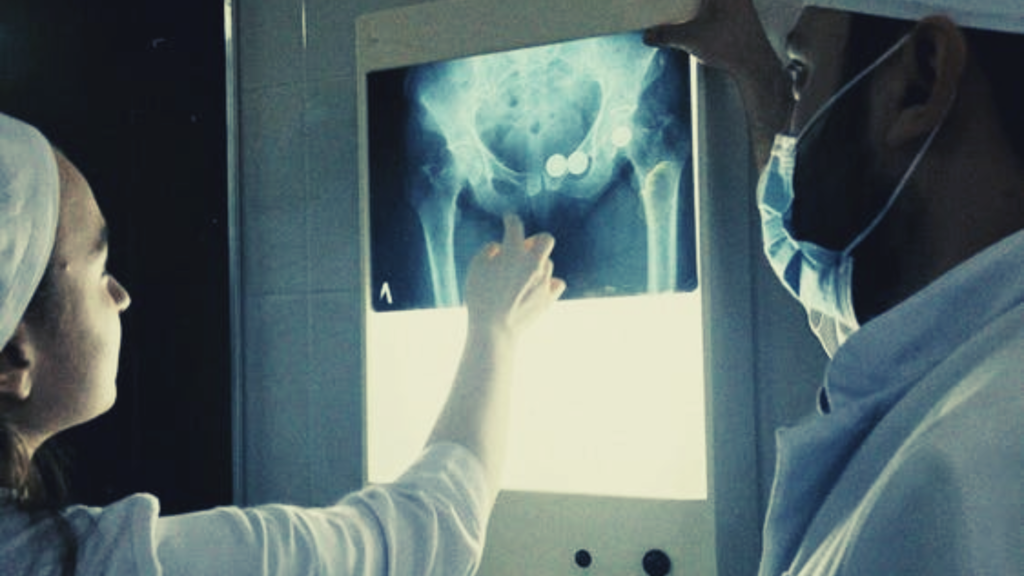Working among bright and knowledgeable nurses, we encounter a fair bit of self-doubt as a nurse. Comparing yourself to these nurses with decades of experience makes you sometimes feel discouraged and inadequate.
To combat these feelings of self-doubt, here are simple strategies a nurse can overcome self-doubt.
1. Ask questions and Seek Expert Advice.
If your self-doubt persists to the point where it makes it difficult for you to practise well in nursing, it may be beneficial to seek support from a professional nurse. Always make inquiries if you don’t understand things.
A nurse expert can make you understand and provide you with tools to assist you overcome your fears. This is the quickest approach to pick up new skills.
There are many training programmes that a nurse can use that can help with self-doubt. Acquiring skills to challenge problematic habits of thinking will help you overcome self-doubt.
If someone uses an abbreviation you don’t recognise during a handoff, ask for an explanation.
If a doctor orders an intervention that I’m not familiar with, inquire about its meaning. This happens a lot at bedside interdisciplinary rounds, so it’s a great learning opportunity for everyone.
You May Like This: The True Effects of Mental Health Problems and Health Challenges due to the Pandemic
2. Avoid Preconceptions At All Costs.
Self-doubt – particularly in the form of false mentality – may quickly creep in if you compare yourself to other nurses, their achievements.
Instead of comparing yourself to other nurses, the greatest approach is to compare yourself to yourself. Think how far you’ve progressed, or how far you’ve come
Also, see how you’ve persevered, achieved, and matured as a person and get involved in team activities.
3. Make an Effort To Educate Yourselves.
Working as a nurse comes with a lot of opportunities for continuing education and speciality training. If you feel insufficient in a certain area of your profession, there is always an educational opportunity to help you overcome that insufficiency.
For instance, the greatest method to educate oneself is to stay up with current news, events, and affairs at the workplace, enrol in available courses, attend training, and identify with a mentor.
4. Determine Your Goals
Confidence comes from being decisive. Leaders understand that you must stop pondering how to get rid of self-doubt and start taking action at some point.
As a nurse, build confidence in yourself and make an effort not to make more excuses.
Stop asking your friends and acquaintances for advice. Begin to strive toward specific, measurable objectives. It’s fine to begin small.
The more you achieve, the more confident you will become, and the more self-doubt will fade away.
5. Stop Making Excuses
When an individual is overwhelmed with self-doubt, they construct a scenario to match their emotional state. As a nurse you may be afraid of failing, appearing bad, or taking on more than you think you’re capable of.
As a result, you become skilled at making up a variety of reasons why a new opportunity isn’t a good fit.
Consider the chances you’ve squandered. What excuses did you make for yourself? What reasons or explanations are these? Excuses are emotional barriers that we manufacture to prevent us from attaining our objectives.
6. Identify with A Mentor
Mentors are important in any profession, but especially in nursing. When you’re discouraged in yourself, a mentor may act as a listening ear, bring suggestions you might not have considered, and be a champion when you need it.
Building solid relations with colleagues, instructors, managers, and experienced nurses can also be a valuable source of information and support.
Always willing to listen to their counsel and demonstrate a desire to learn by asking for resources, recommendations or advice on how to deal with specific situations.
Knowing you have a mentor or someone you can trust or rely on in your corner can boost your confidence and help you make better decisions.
7. Strengthen Your Resilience
Any transformation will have setbacks. You’re not pushing yourself hard enough if you don’t strike a brick wall every now and again. Inner strength distinguishes individuals who know how to overcome self-doubt from others who allow it to keep them back.
They recognise self-doubt for what it is: a form of dread. This enables individuals to learn from their mistakes, get back up, and keep going.
8. Take a Break and Help Rebuild your Optimism
The longer you are stuck in a situation or mood, the more difficult it is to break out.
Simply take time to unwind and redirect your attention to something co
mpletely different. This allows us to clear our minds and look at things from a new and fresh perspective.If you need to choose, consider making a list of things you’re thankful for. As a result, your thoughts will naturally shift in a more optimistic direction.
9. Consider A Setback as a Temporary Impediment.
As a nurse when you experience a setback, you may begin to view the world through a negative and dark lens. One might consider this setback to be their new status quo.
This type of thinking can lead you to believe that there’s no sense in continuing to work or you are not capable of the task, which can be harmful to your mental health.
Finally, regardless if you’ve been a nurse for a long time, there will be times when your confidence will be challenged. Maintain your commitment to strengthening your skills and relationships with your work colleagues. This will help you gain the confidence you need to deal with whatever life throws at you.
10. Determine Your Core Values
Take into account your values and what is most important to you. Remember why you chose to become a nurse. It could be that you are compassionate to others or that you contribute to something meaningful in one‟s life. When you recognise these values and what truly matters to you as an individual, you lose your fear of being judged by others. When you live in accordance with your values, you may be able to stand firm. Being criticised or making mistakes does not feel as bad as you may believe.
11. Keep a journal to record your nursing experiences.
Writing things down can be a very therapeutic activity. Writing down your skepticism and daily experiences may assist you in overcoming your fear.
You may discover that your concerns are not as serious as you thought after writing them down. This can assist you in gradually overcoming self-doubt.
You might be wondering, “Is this really useful information in your nursing career?” Is this the simplest way I can implement this and reduce the subconscious as soon as possible? Follow this path to overcome self-doubt and move forward in your career with confidence.



